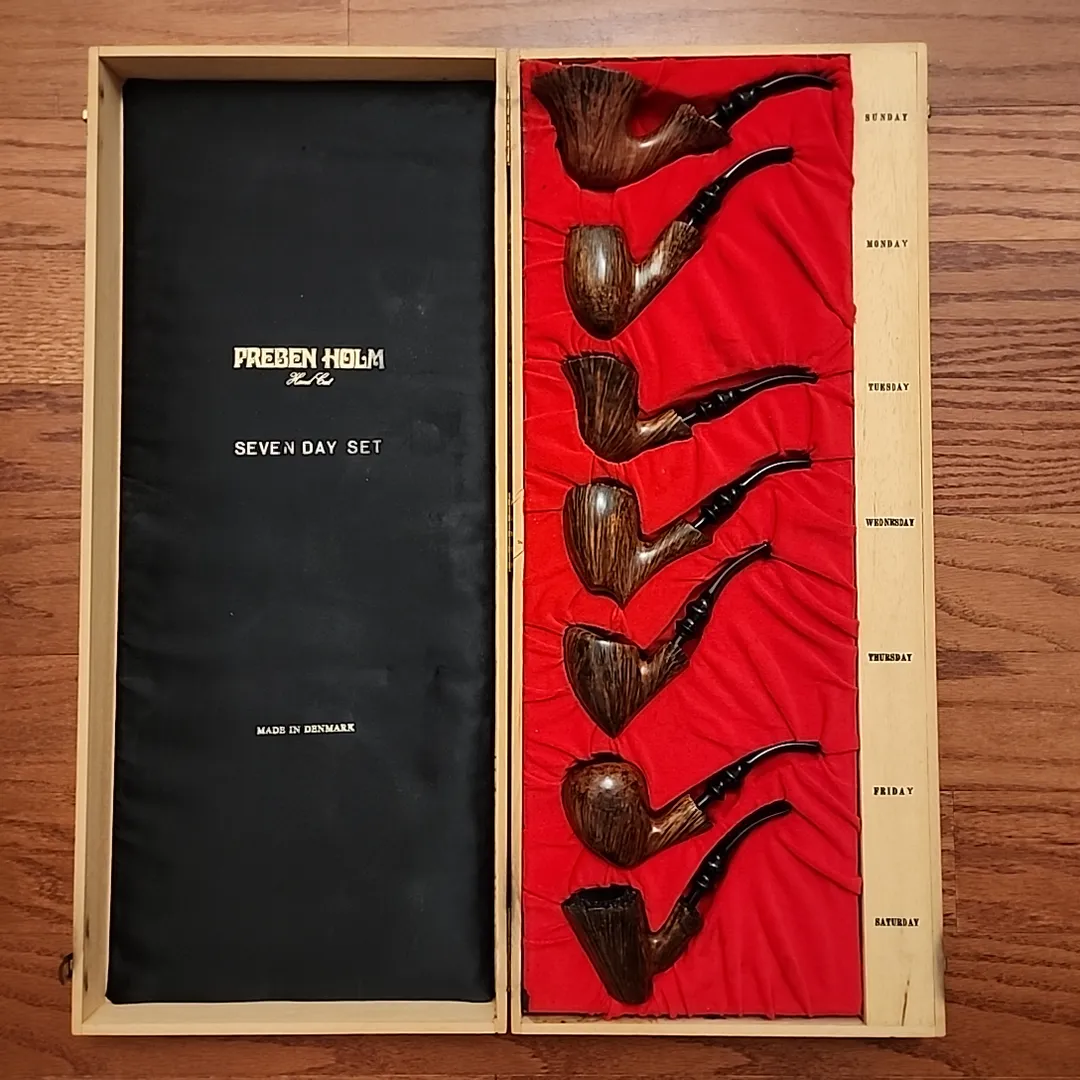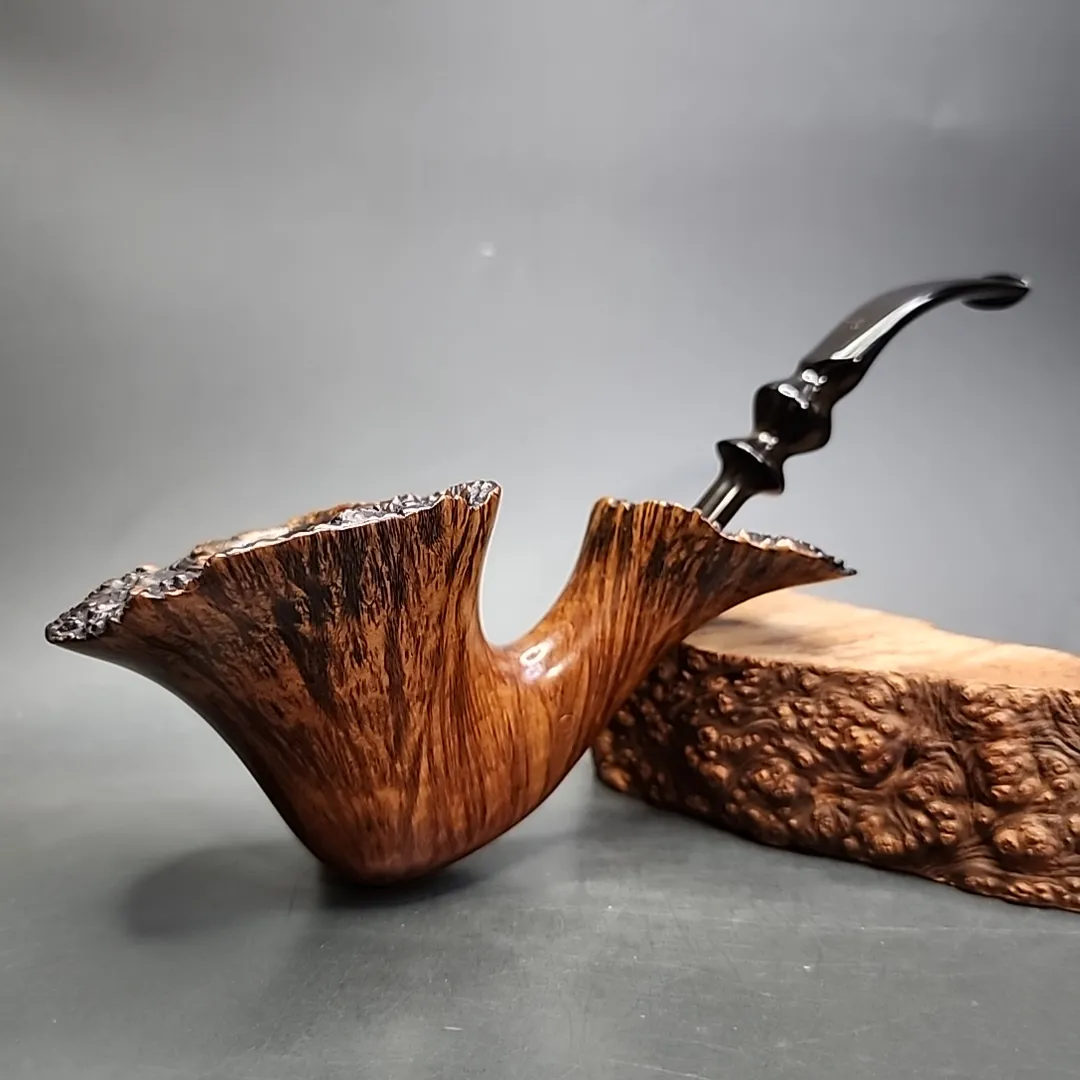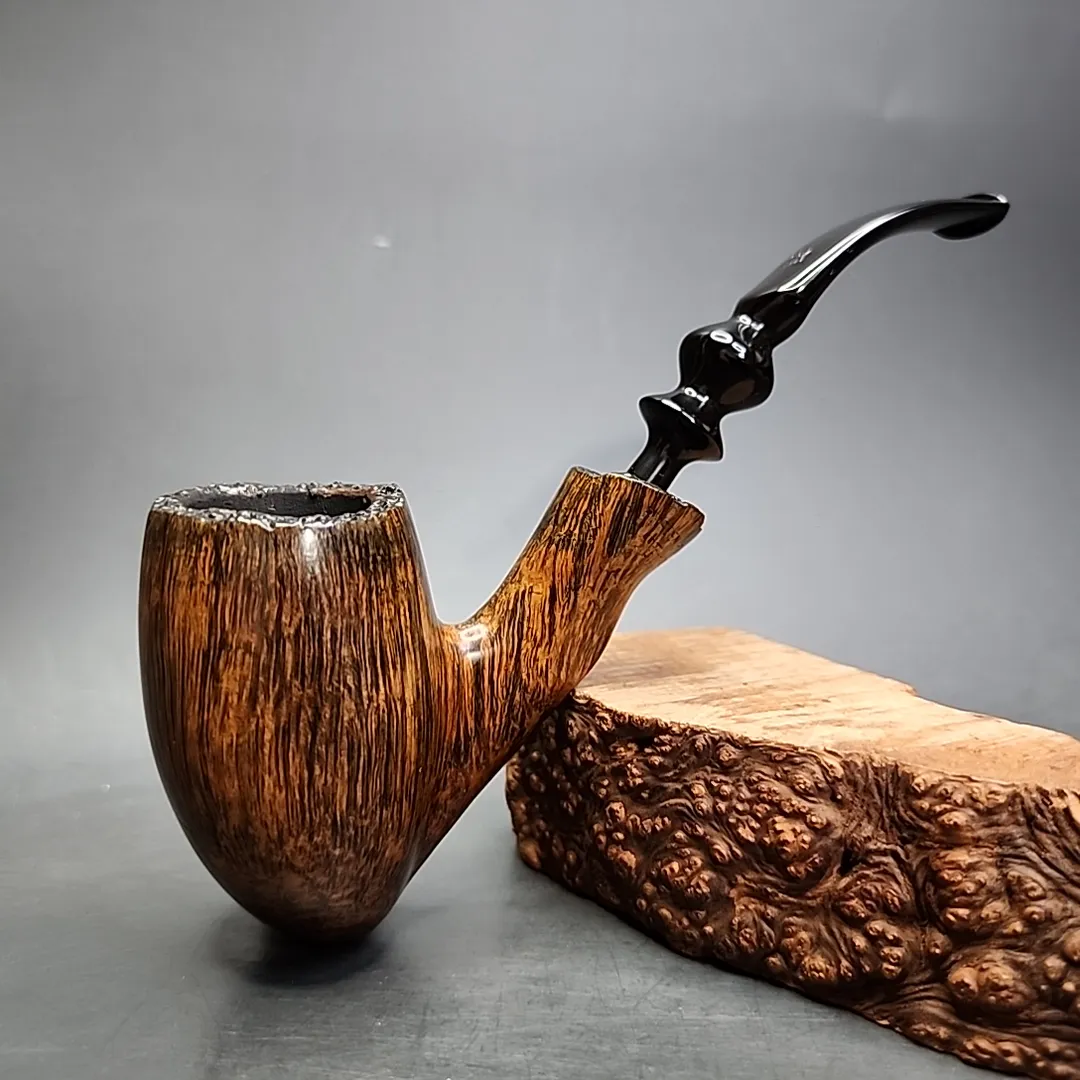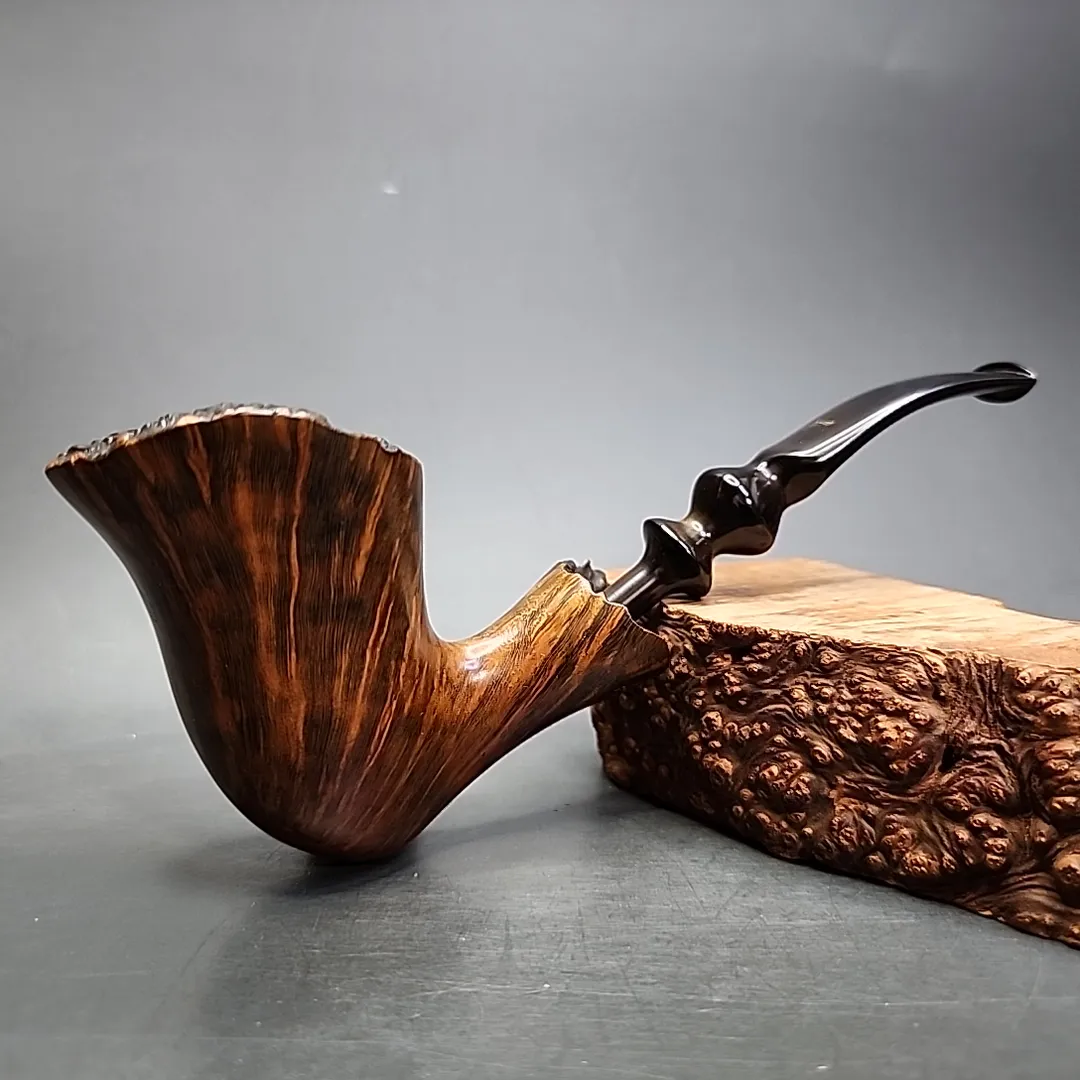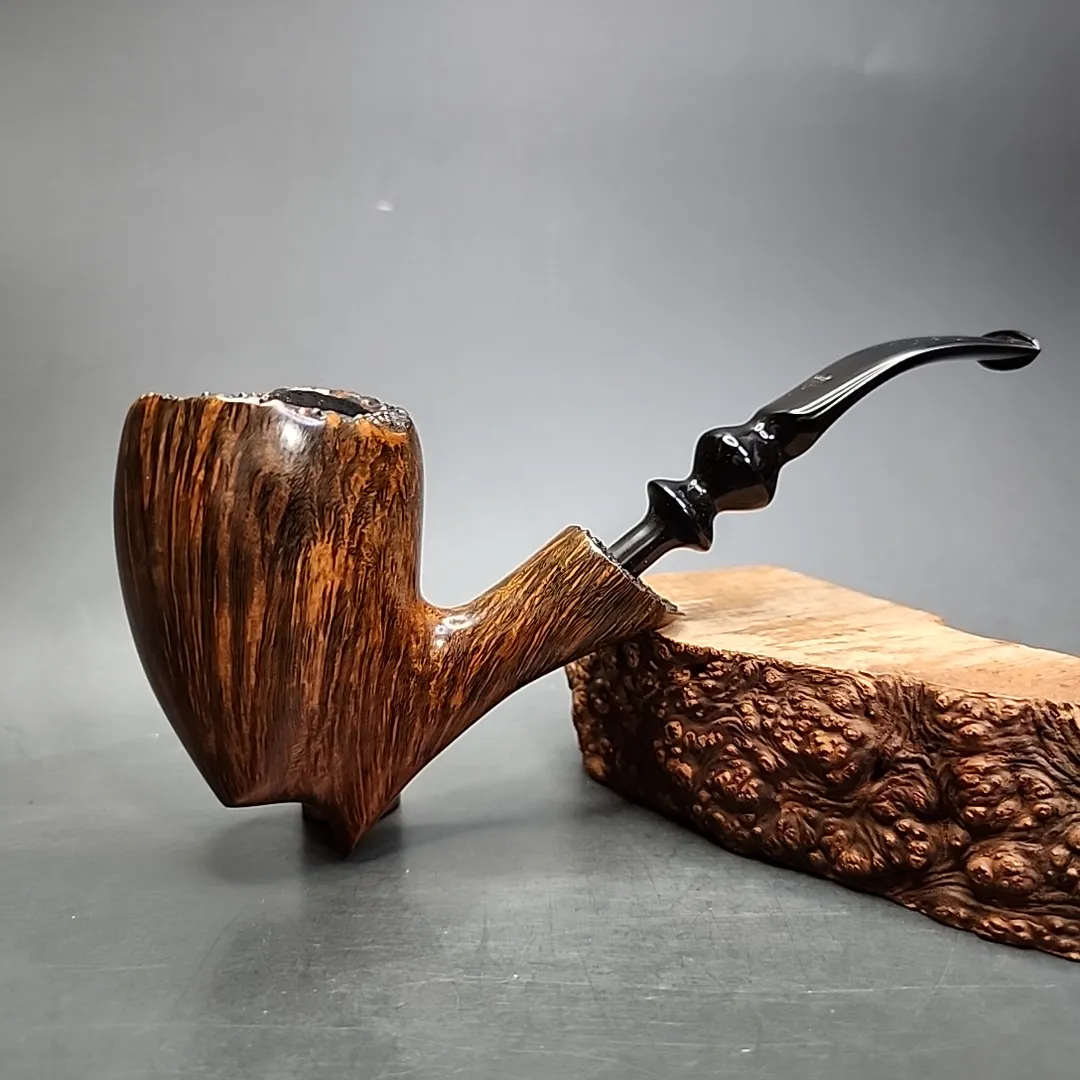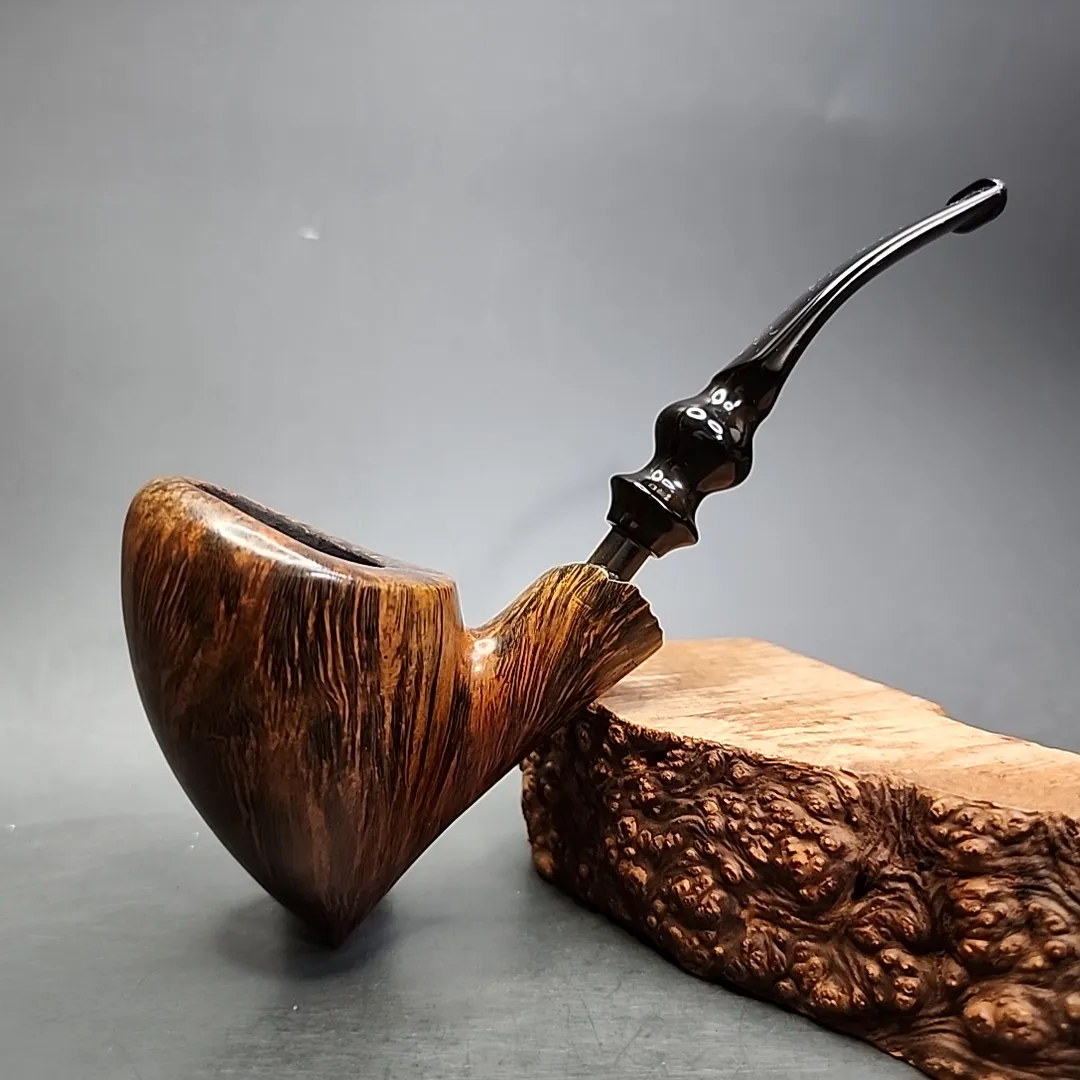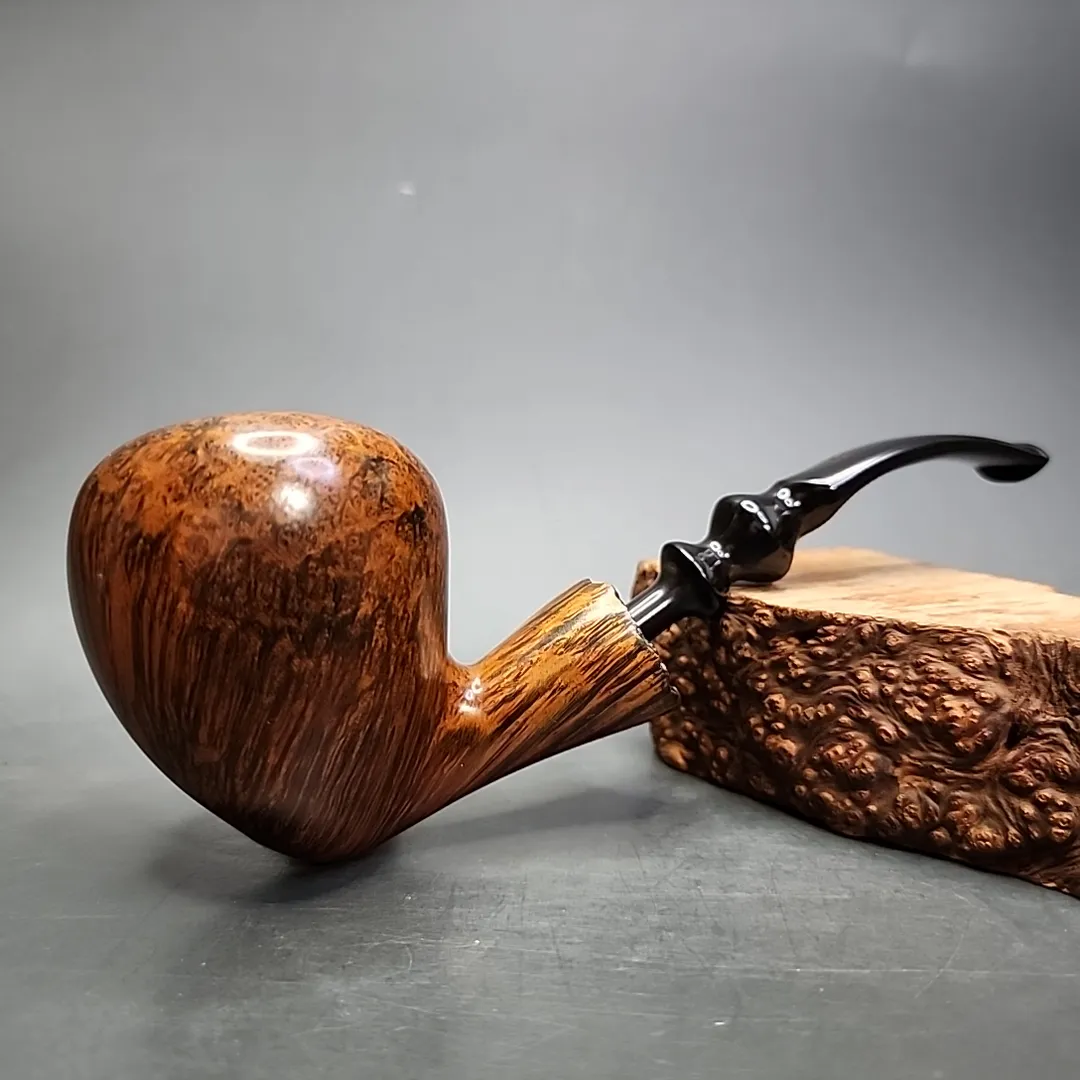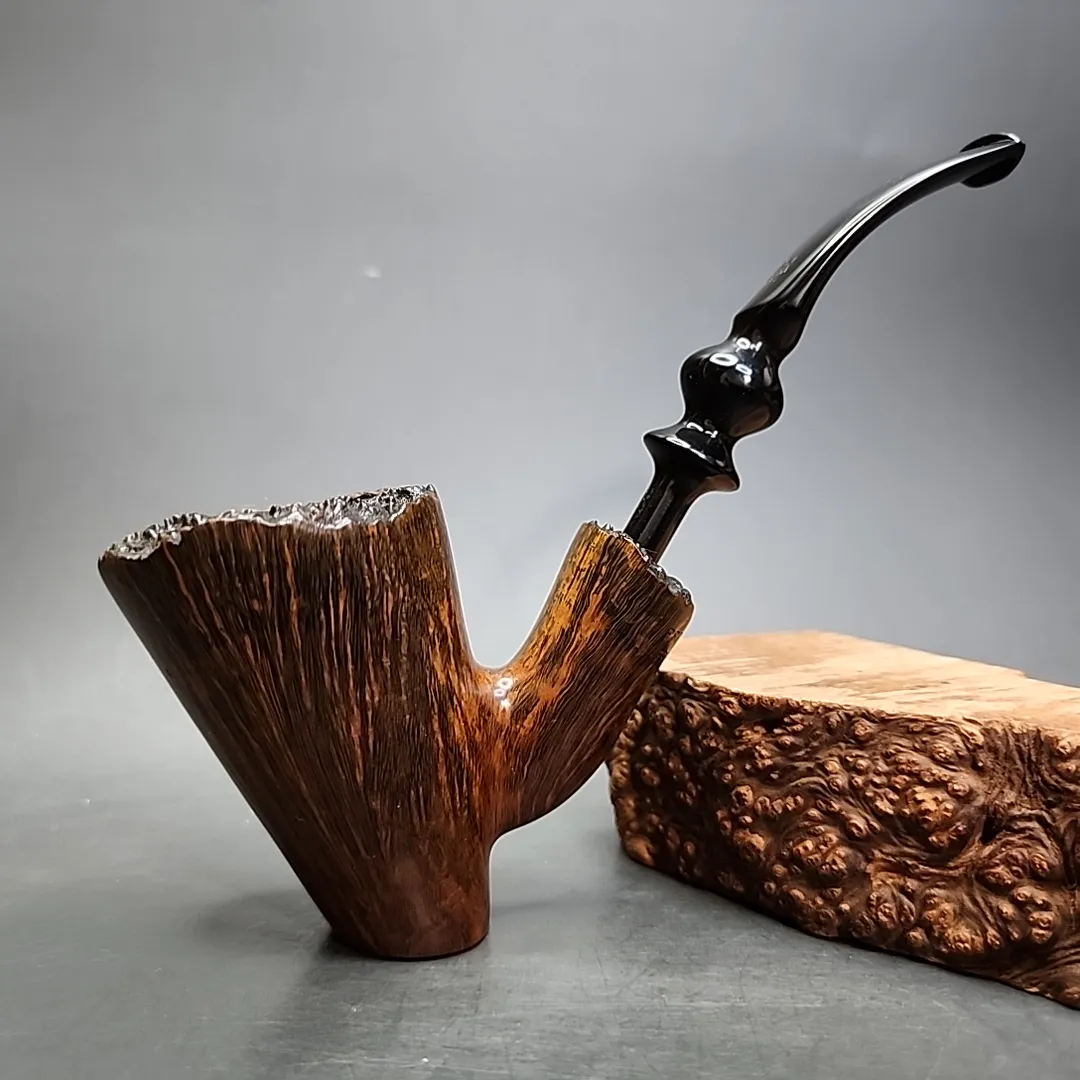Preben Holm 7-Day Set, Danish Estates
Out of stock
Description
Though he would tragically pass away at the age of 42, Preben Holm was one of the pioneering figures in the ‘Danish design’ movement in 20th century pipe-making – a movement that still dominates the high-grade pipe scene. By hand-shaping his pipes on a belt sander, Holm was able to make the most of the patterns of grain hidden within briar, creating spectacular works of pipe art that looked just as good as they smoked. Owing to Holm’s untimely passing, his pipes are even more highly sought after than they were during his lifetime.
Tree heather root, otherwise simply known as “briar,” possesses almost unrivaled heat-resistant properties, which was to be a key factor in its adoption as the standard material for the construction of smoking pipes. But even briar needs to rest sometimes, hence why smokers are advised to accumulate at least a few pipes, so that when one is being used, the others can be allowed time to regain their composure in preparation for the next time they are called upon. In the 20th century, pipe companies capitalized on this practice of rest and rotation by creating the “7-day Set” to allow smokers to have a pipe for each day of the week from their favored make. These packages were limited in quantity and often marketed as special gifts for oneself or for the pipe-smoking loved one in your life. They were also—at least for the majority of the 20th century—traditional pipes from traditional makes, such as Comoy’s, Dunhill, Kaywoodie, or Sasieni. But, as time went on and as trends in pipe design and construction underwent significant changes in the decades following the Second World War, 7-day sets appeared from decidedly non-traditional pipe companies and artisans, albeit with even less frequency than their traditional counterparts. This collection from Preben Holm is a very rare example of a 7-day set from the legendary Danish artisan. Each is a freehand pipe—i.e., with its bowl having been hand-shaped against a sanding disk, rather than turned on a machine lathe—and each differs in form, with some approaching classical motifs such as the cherrywood or the acorn, and others eschewing these motifs altogether. Where they are alike—and where this set perhaps comes closest to certain sets from traditional, factory makes—is that the pipes are “matched grain” and feature a consistent, golden-brown stain.

